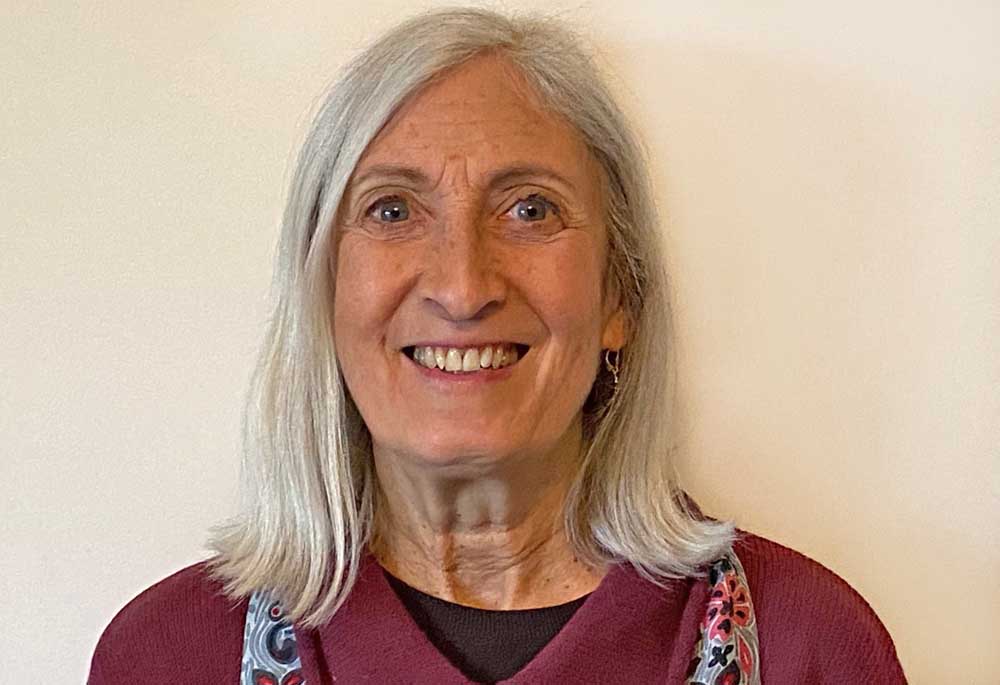AGING MATTERS: Advanced directive is a key health care decision at any time
Published 7:00 am Sunday, April 21, 2024

- Ellen Waldman
Are you aware that you might need to make some decisions about your health care, but you might be unable to make them? What can you do about this in advance?
Trending
National Healthcare Decisions Day was observed in the U.S. on April 16. It’s a time to remind yourself to take care of these potential medical situations ahead of time. It’s important to let your health care professionals know your choices by completing the correct document. Without this, it’s very likely that those wishes might not be respected or met.
If you’re over the age of 18, fill out the Oregon Advance Directive for Health Care. The link at oregon.gov/oha/ph/about/pages/adac-forms.aspx will take you to the advance directive, as well as the advance directive user’s guide. The guide will help you complete the form, and answer any questions you may have about it.
An advance directive is a legal document that explains how you want medical decisions to be made, if you are unable to make the decisions yourself. It allows the person you appoint as your health care representative to access all medical records and information on your behalf. Please keep in mind this is only if you can’t speak or advocate for yourself. Your health care representative must comply with your wishes as described in the document.
Trending
Maybe you’ve heard this information a dozen or more times. But still, it seems that people have lots of questions about this. Recently, I heard someone say that you also need a medical power of attorney form. This is not really accurate.
Here’s some factual information from a local estate planning attorney. Oregon doesn’t have a separate medical power of attorney; the advance directive is Oregon’s form for this. Health care providers are required to recognize this as a legal document. Remember, the health care representative does not any power until the principal (the person who created this form) is incapacitated.
An additional way to make sure that your representative can access information is to sign the release of information form at each doctor’s office. Without having their office’s form signed ahead of time, they might not speak with your representative.
If you would like additional help on how to have this conversations, try this resource: The Conversation Project (https://theconversationproject.org). Not only are they responsible for the management, finances, and structure of the National Healthcare Decisions Day, but their site has a wealth of other great information on sharing your wishes.
There are several ways to get an advance directive. You can access the link above, print out the form, and there it is. If you’re working with an estate planning attorney, they will include this as part of your complete estate plan. The document should go to your health care representative and your doctor’s office. Keep the original in your files.
If you need additional help, you can find free assistance at the Ashland Senior Center by calling 541-488-5342. One or two Wednesdays of each month, from 10 a.m. to noon, Debra Johnson is available by appointment. The next meeting will be May 8. From their website: “Get help preparing or updating your advance directives. The expert volunteer will review the guidelines and help you fill out the required forms. They can also help you think through what choices are important to you at the end of life, and who is the best person to appoint as your representative should you be incapacitated at a future date.”
Johnson also does advanced care planning presentations and advising once or twice a year through the Jacksonville Community Center, which can be reached at 541-702-2585.
April 16 might have already passed, but mark the date for next year. Also, you can still complete this document and have a health care decision celebration!









